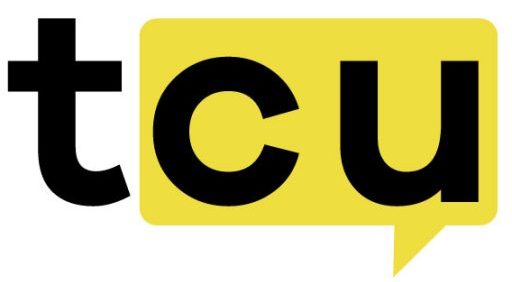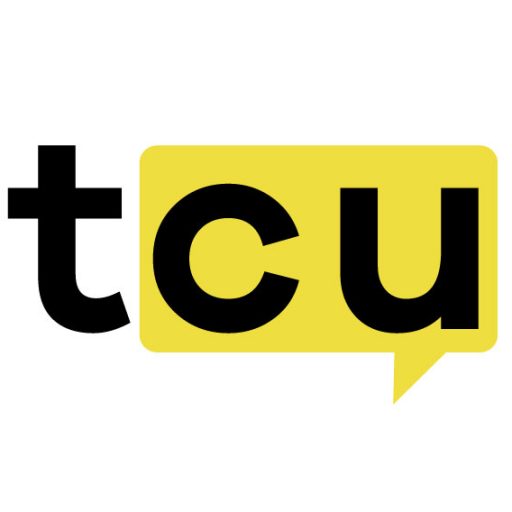In a significant move that heralds a new era of regulatory focus on digital assets, the U.S. House of Representatives and Senate have formed a joint working group to advance cryptocurrency legislation. This development comes at a time when cryptocurrencies are rapidly gaining mainstream acceptance, and governments worldwide are grappling with how best to regulate them.
David Sacks, recently appointed as the crypto chief by President Donald Trump, expressed his steadfast determination to “ensure American dominance in digital assets.” Sacks articulated his pro-crypto agenda during a joint press conference in Washington, flanked by leaders of the congressional committees responsible for drafting digital asset regulations.
Asserting that cryptocurrency policy was a “week one priority for the administration,” Sacks stated, “I look forward to working with each of you to create a golden age for digital assets.” He also revealed that the feasibility of a Bitcoin reserve is presently under scrutiny, and the notion of an independent wealth fund is a separate topic of discussion.
Highlighting the importance of fostering crypto innovation within the United States, Sacks emphasized the need to maintain a competitive edge in the global financial sector. “Just like every analog industry is going digital, we want financial assets to go digital, and we want that value creation to happen in the United States rather than being exported to other countries,” he said. This was his first press conference since his appointment as the AI and crypto czar.
With this pronouncement, the U.S. government has underscored its commitment to stay ahead in the global digital assets race. It is evident that the United States aims to position itself as a leader in the crypto space by creating a nurturing environment for digital asset innovation and growth.
However, as the regulatory landscape for digital currencies continues to evolve, a careful balance will need to be struck between fostering innovation and protecting consumers. The newly formed working group will undoubtedly play a critical role in shaping this future landscape.
This development is a significant milestone in the recognition and legitimization of cryptocurrencies. It is a clear indication that digital assets are no longer on the fringe of the financial world but are increasingly becoming a significant part of it.
While Sacks’s comments provide an insight into the government’s stance on cryptocurrencies, they are not to be considered investment advice. Prospective investors should conduct their own due diligence and consult with a financial advisor before making any investment decisions.
This new commitment to digital asset regulation is a promising step towards defining the future of finance. As the world watches, the United States is poised to shape the global conversation around cryptocurrencies and their place within the financial ecosystem.
![]()



